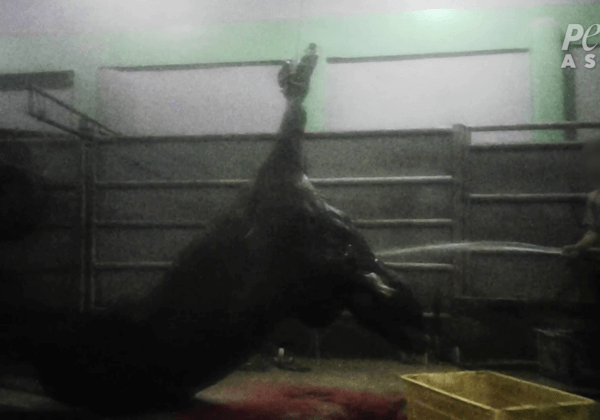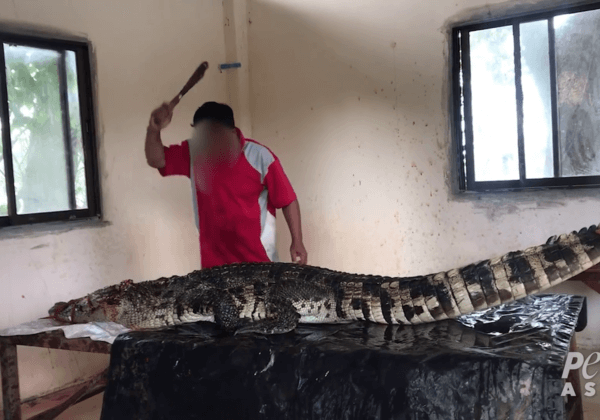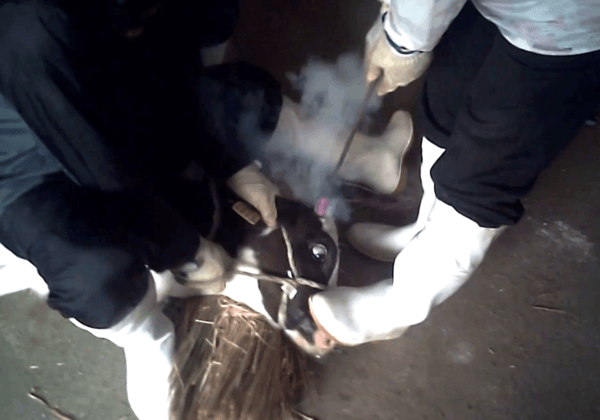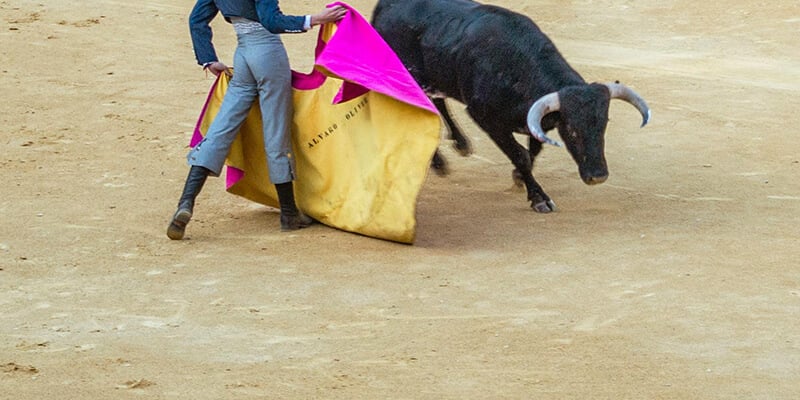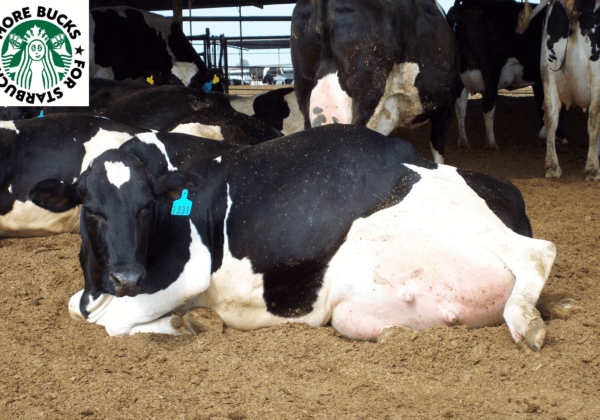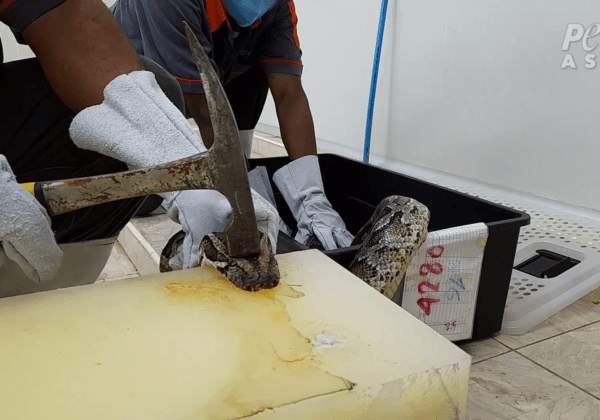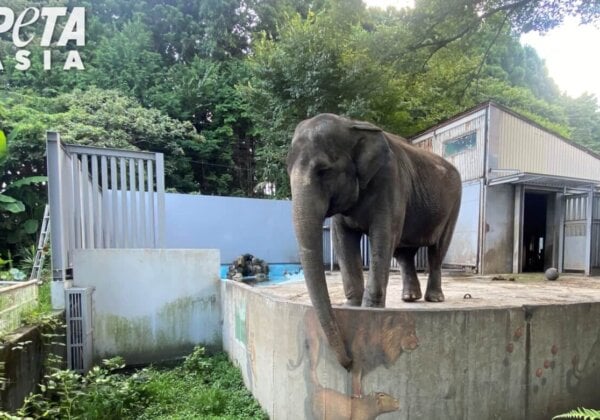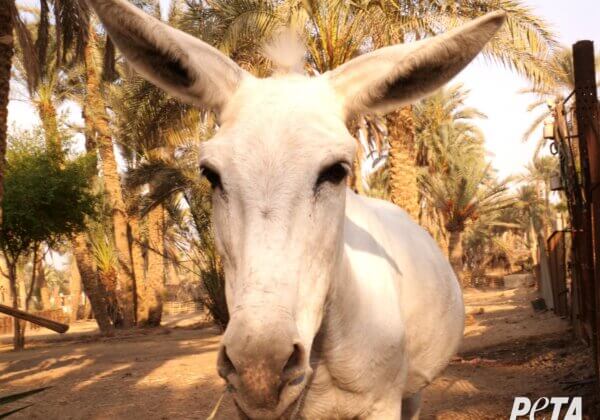The Fish That Changed Me
 When I was about 12 years old, I made the connection between animals (whom I loved) and the meat on my plate (which I also loved). It didn’t take me long to decide that I loved animals alive more than I loved the taste of their dead flesh, so I gave up eating meat from land animals.
When I was about 12 years old, I made the connection between animals (whom I loved) and the meat on my plate (which I also loved). It didn’t take me long to decide that I loved animals alive more than I loved the taste of their dead flesh, so I gave up eating meat from land animals.
But being so young and without any adult vegetarians around to learn from, I didn’t initially make the same connection with fish as I had with other animals. I called myself a “vegetarian,” but I happily munched away on the flesh of tuna, salmon, prawns, and almost every other type of animal in the sea. In fact, I probably ate more animals in those first couple of years of being a “vegetarian who ate fish” (some people call this a “pescetarian”) than when I was eating larger animals such as cows and sheep! My eyes had yet to be opened to the suffering that fish endure—but that was about to change.
I went on a school geography trip to study beach corrosion. While we were taking measurements on the pebble beach, one of my classmates noticed something lying on the rocks a few feet up from the waterline. As we walked nearer, I realized that what I was seeing was a beautiful, foot-long catfish.
As I approached, the fish began flipping over and over in desperation, and I realized that he must have been lying still, conserving energy, until he saw a fresh threat approaching. He had been caught on a line that had been sunk into the beach and secured in place with rocks. The goal of the line was to catch a fish as the tide came in and leave him trapped up on the beach when the tide went out—and it appeared that whoever had left the line had been successful on this occasion.
As I watched this beautiful animal flipping in desperation, knowing someone had left him to suffocate to death and bake in the hot summer sun, I finally realized that fish can indeed feel pain and suffer just as other animals can. There was no doubt in my mind that this poor creature was desperate, fearful, and in pain. The idea of someone callously coming back to claim his or her “catch” when the fish had struggled in vain for his life for perhaps hours made me angrier than I had ever been before.
I used pliers to cut the barbed hook and then pulled it out of his mouth as gently as I could. Then we released him back to the sea and watched as he slowly swam away. Later, I learned that more than 60 percent of fish who have been “caught and released” later die from stress or from their injuries. I can only hope that this life-changing fish was one of the lucky few who made it.
While I don’t know what happened to that particular fish, I do know that no other fish ever died because of my taste for their flesh again. And once I started learning about the dairy and egg industries, I chose to stop participating in that cruelty as well.
None of us is perfect, and most of us have taken a long time to change our minds and attitudes—and sometimes it takes a shocking experience to make us see the light. But please, don’t put off going vegetarian another day.
Posted by Claire Fryer

